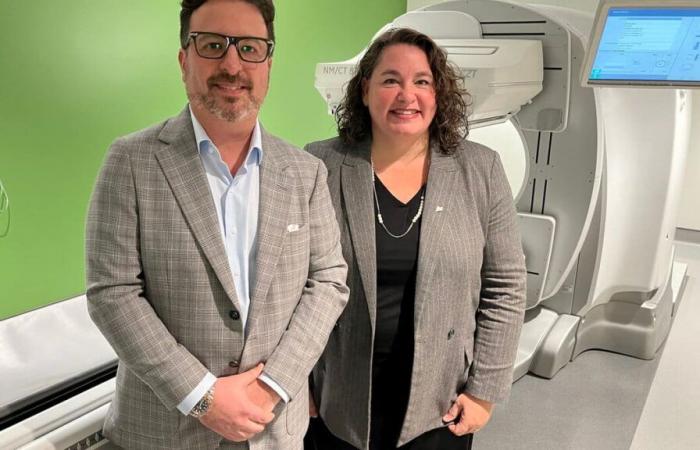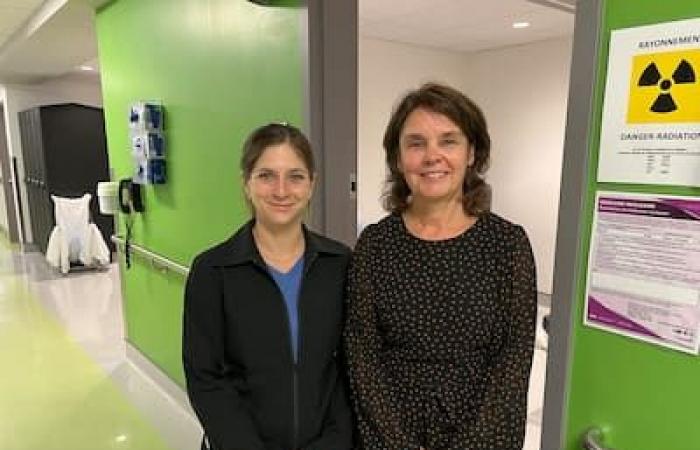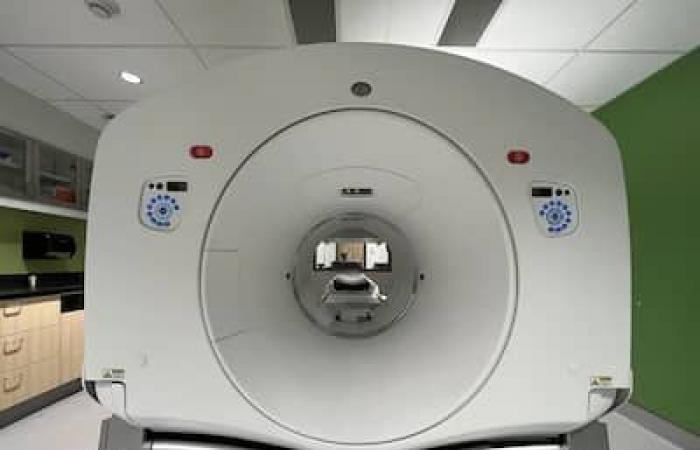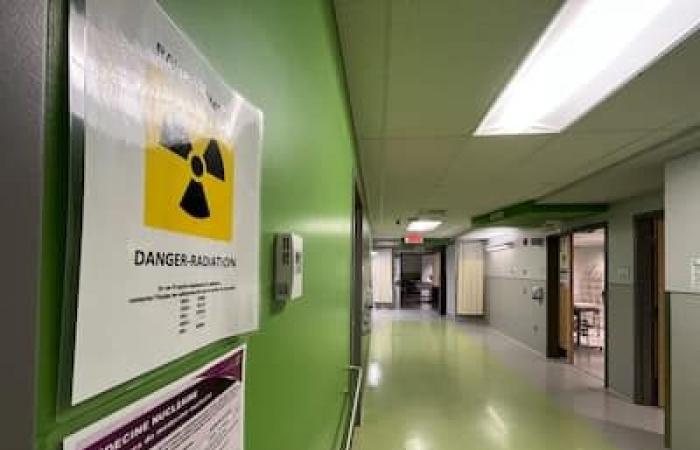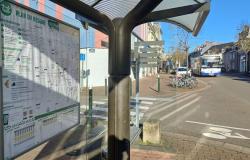For great ills, great remedies: faced with an increasingly glaring shortage of nuclear medicine technologists, a new college training program will be created in Quebec thanks to a partnership that defies conventions.
Collège Ahuntsic, in Montreal, will soon no longer be the only one in the province to offer the nuclear medicine technology program.
Far from fearing competition, the Montreal establishment agreed to join forces with the Cégep de Sainte-Foy and the CHU de Québec—Université Laval to launch a pilot project for the same discipline in Quebec City.
The courses will be given in the laboratories of the nuclear medicine department of the Saint-François d’Assise Hospital in Quebec.
Photo Dominique Lelièvre
It is also members of its faculty who will teach the nuclear medicine courses, which will be given directly in the laboratories of the Saint-François d’Assisi Hospital.
In the fall of 2025, we hope to bring together a first cohort of 20 students who will be able to benefit from practical training in a real care environment on the hospital premises in Limoilou.
Highly anticipated
This workforce is desperately needed in the health network, according to the speakers who made the announcement on Wednesday.
“The needs are truly dire across the province, I would tell you, but particularly in the Capitale-Nationale and Eastern Quebec,” says Nathalie Larose, director of the Cégep de Sainte-Foy.
The pilot project should ultimately help alleviate the labor shortage that is currently raging, according to Martine Mongrain, nuclear medicine technologist at Saint-François d’Assise Hospital, and Chantal Asselin, teacher for 37 years in this discipline at Collège Ahuntsic.
Photo Dominique Lelièvre
“As the teaching center was really only in Montreal, being closer to these service centers gives future candidates access to the profession,” she explains.
“In 40 years, this is the worst shortage [de main-d’œuvre] that I knew,” adds Chantal Asselin, who taught for 37 years at Collège Ahuntsic and who is project manager for the implementation of the new program in Quebec.

Nuclear medicine helps many patients fighting cancer or heart problems.
Photo Dominique Lelièvre
Only at the CHU de Québec—Université Laval, which has the largest medical imaging department in Quebec with more than a million examinations per year, there would now be a need for 10 additional technologists, says its director, the Dr Frédéric Arsenault.
“Innovative”
The work of nuclear medicine technologists allows many patients suffering from, for example, cancer or heart problems to benefit from medical imaging techniques.
According to the Dr Arsenault, we must also take into account the increase in cases of cancer which is anticipated in the longer term. “So it’s important to ensure sustainability at the level of nuclear medicine technologists.”
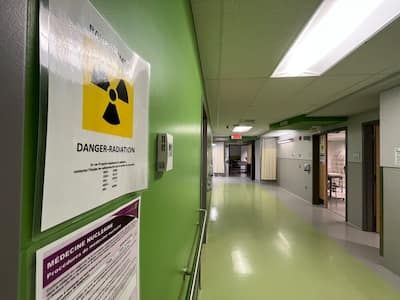
Photo Dominique Lelièvre
According to Mme Larose, there would be few precedents for this type of partnership between colleges and hospitals which will allow students to familiarize themselves with the clinical environment from day one.
“It’s really very, very innovative and it’s a first. Then, for us, it’s really very enriching for our students because they [seront] in a real learning situation,” she rejoices.
Do you have any information to share with us about this story?
Write to us at or call us directly at 1 800-63SCOOP.

